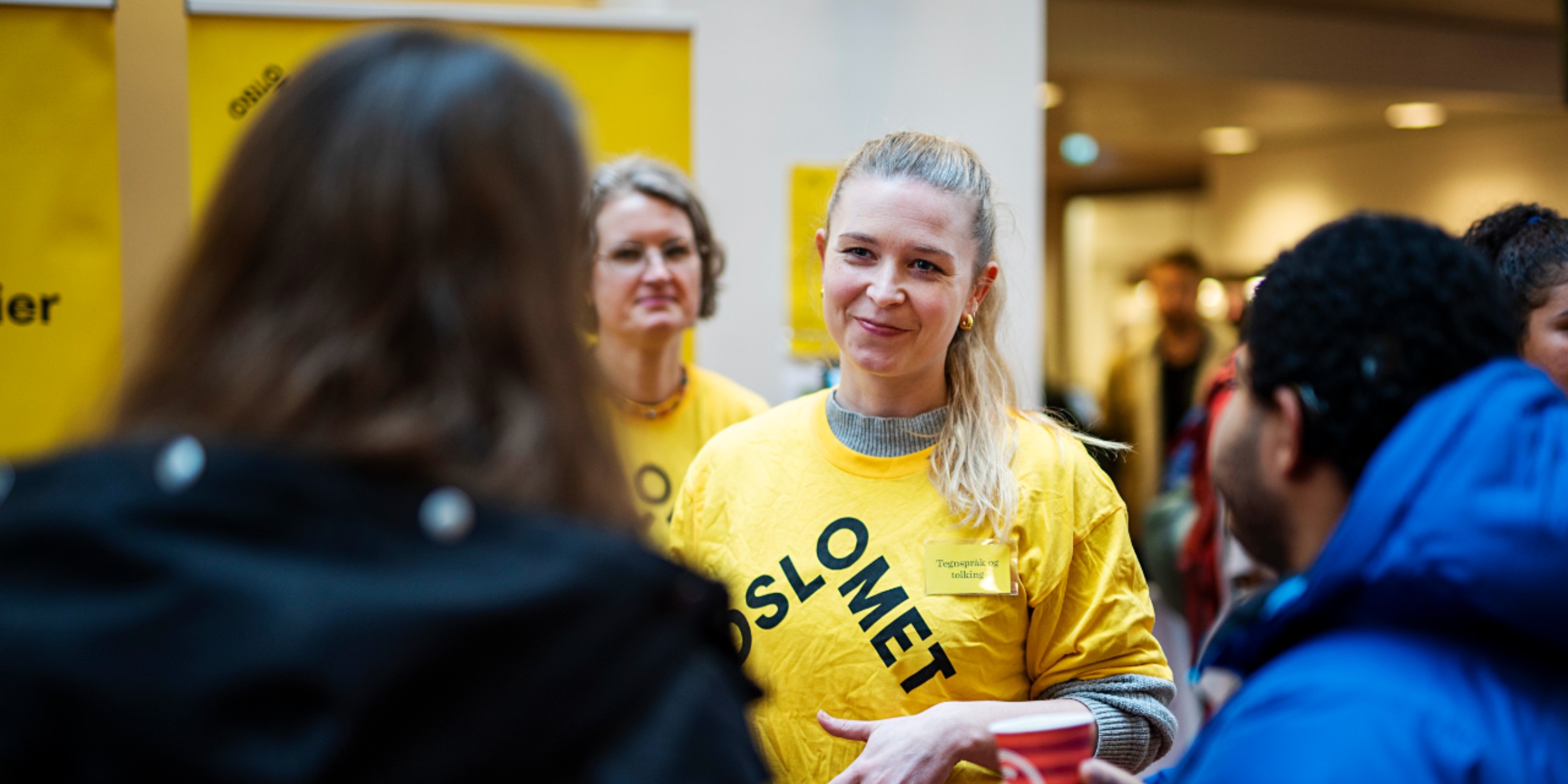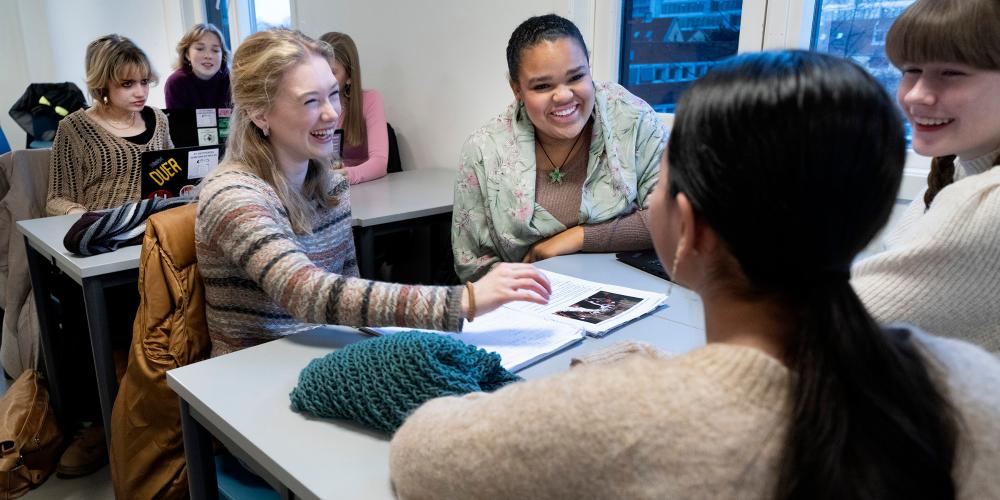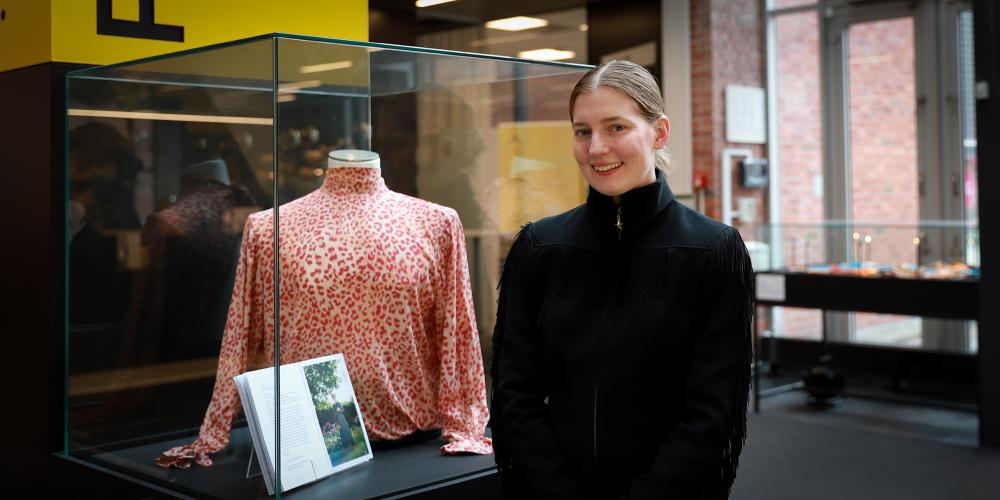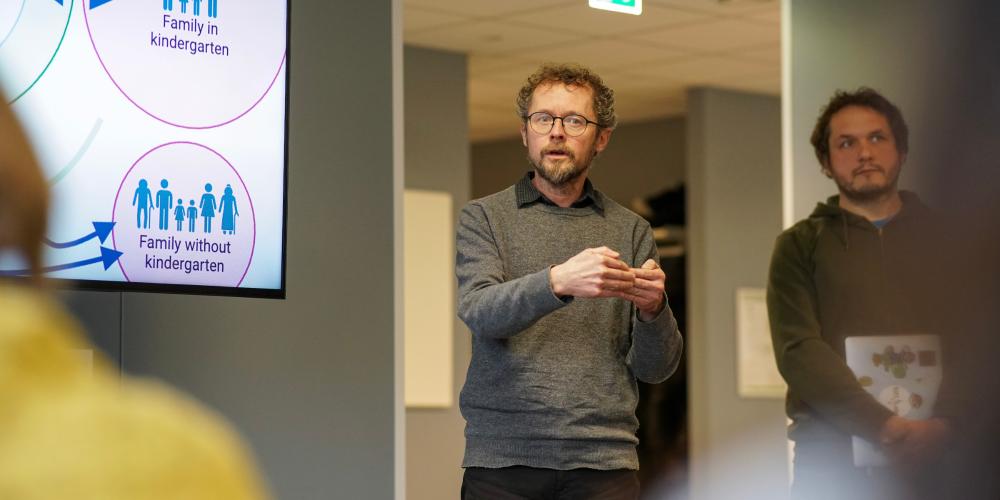
The results from the Work Environment Survey are ready
The results from the Working Environment Survey ARK are now ready. OsloMet generally scores slightly above average for the higher education sector. The results show that there are areas of improvement.
Many employees say that they have a meaningful job, characterized by autonomy, with professional development and a good environment between colleagues.
More than 1,500 employees at OsloMet responded to the survey with a response rate of more than 63 percent. The survey maps a number of areas, and the results will be reviewed at the various units this spring.
Important tool
"Many thanks to everyone who responded to this year's survey! This is an important tool for us to be able to work purposefully and to develop a good collaboration and working environment at the university," says Rector Christen Krogh.
"I am especially happy that so many people consider their work tasks to be meaningful, and experience a great degree of trust and independence in their work," says Krogh.
"We also see that there are areas we will focus more on in the future, such as getting a closer collaboration across units and work tasks," he says.
Meaningful and independent
Employees score highly on having meaningful tasks, doing an important job, and feeling motivated and engaged. Autonomy is also something that is strong at OsloMet, and many feel that they can largely be in charge of their own workday.
The employees also score high on using their knowledge and skills and that they have colleagues who hear them. Absence of stiffness and rigidity also gets high scores.
Support, training and interaction between employees can be improved
Training in new technology or new systems, as well as technical and administrative support get a somewhat lower score.
The same goes for the interaction between different groups of employees. It is also in these areas that employees have responded most differently. This means that there are different experiences within these areas.
Rapid treatment of difficult questions, guidelines for unacceptable behavior and access to information were among the areas with the lowest scores. The areas in the survey with the lowest score are on average or slightly below the average in the sector.
The way forward
The Working Environment Survey ARK is not just a measurement, but part of important development work. The results will be used by managers and employees together at all organisational levels in feedback meetings. The goal is to create a constructive dialogue to develop our work environment to become even better.
Before the summer, all units will have a feedback meeting. During the autumn semester, action plans are made with measures related to the working environment.
"Great emphasis is placed on having a good process for the follow-up work. All units will receive their reports. Management meetings are held, where the safety delegates also participate, to train leaders and safety delegates in reading and extracting the most important findings in the reports and then make action plans for the individual unit. Both in terms of what is important to preserve and areas to improve," says Human Resources Director Geir Haugstveit.
"Summaries will also be made so that we can see if there are areas for improvement that we can work with across units at OsloMet," says Haugstveit.
More information about the working environment survey ARK










